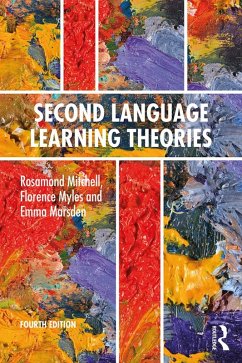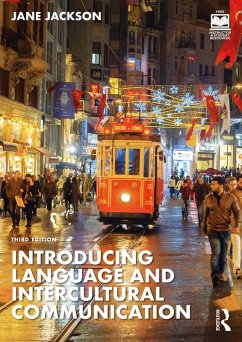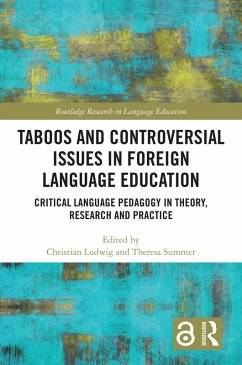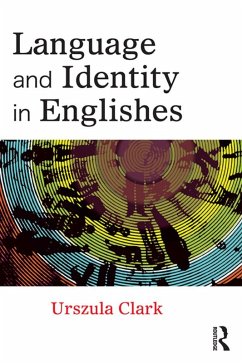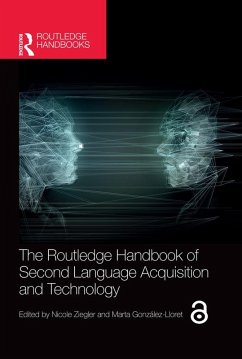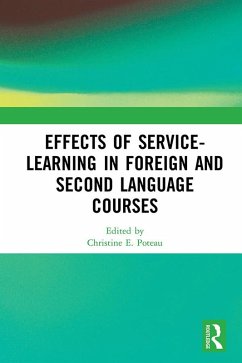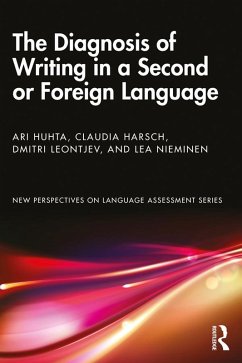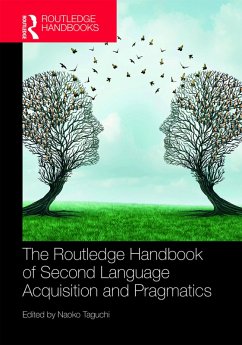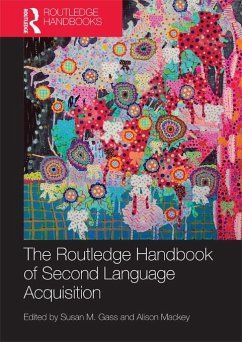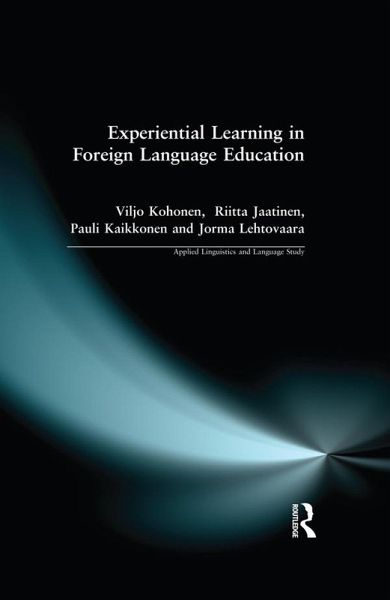
Experiential Learning in Foreign Language Education (eBook, PDF)
Versandkostenfrei!
Sofort per Download lieferbar
56,95 €
inkl. MwSt.
Weitere Ausgaben:

PAYBACK Punkte
28 °P sammeln!
The goal of foreign language teaching is expanding from communicative competence towards an intercultural action competence. Essential in the new orientation is the shift towards a more balanced emphasis between the external factors in the learning environment and the personal capacity, conceptions, beliefs and assumptions inside the learner's mind. As part of the changes, assessment is seen as an important means of enhancing the elearning processes, emphasising the role of refelctive self-assessment. The text explores and integrates the necessary knowledge base and practices in foreign langua...
The goal of foreign language teaching is expanding from communicative competence towards an intercultural action competence. Essential in the new orientation is the shift towards a more balanced emphasis between the external factors in the learning environment and the personal capacity, conceptions, beliefs and assumptions inside the learner's mind. As part of the changes, assessment is seen as an important means of enhancing the elearning processes, emphasising the role of refelctive self-assessment. The text explores and integrates the necessary knowledge base and practices in foreign language education in terms of the basic concepts of experiential learning, intercultural learning, autobiographical knowledge and teacher development, together with the philosophical underpinnings of foreign language education.
Dieser Download kann aus rechtlichen Gründen nur mit Rechnungsadresse in A, B, BG, CY, CZ, D, DK, EW, E, FIN, F, GR, HR, H, IRL, I, LT, L, LR, M, NL, PL, P, R, S, SLO, SK ausgeliefert werden.




